It was fun to wrap up my thoughts on the blog about what I read last year, so I’m doing it again. I guess I can say 2018 was a better reading year for me because I had more clear favorites than last year. Many of my overall favorites were included in a post earlier this year about my favorites from January-July. I read a lot of great books this year, but here’s how I’m defining my favorites: the books that really stood out in a sea of 54 books, taught me something, and/or left an impression on me. They come to mind first when anyone asks if I’ve read anything good recently. I’m still thinking about and remember them because I connected with and enjoyed them so much.
These are my 8 favorite books of 2018 (not necessarily published in 2018 and in no particular order):
1. Eleanor Oliphant Is Completely Fine by Gail Honeyman
I loved Eleanor. I was surprised by how much I related to and connected with this character. I made an effort to read more “fun books” since I realized I never had any to recommend when people asked, and reading this book was a part of that effort. I also realized that reading something other than literary/historical fiction or nonfiction about slavery, race, or theology would probably be good for my mind. I thought this book would just be your typical, fluffy contemporary fiction read (which there’s nothing wrong with!), but it dealt with deep topics like vulnerability, mental health, toxic family relationships, alcoholism, etc. I put off reading it for a while out of fear that it wouldn’t live up to all the hype it had received, but Eleanor Oliphant did not disappoint.
2. Pachinko by Min Jin Lee
When I think about why I love historical fiction, this book comes to mind. Not only was it mesmerizing, colorful, and well-written, but I also learned about the relationship between the Japanese and Koreans in the early 1900s, their cultures, and their history. The book follows many generations of the same Korean family through the highs and lows of their lives. It was one of the long books I read this year (just shy of 500 pages) but the story was well worth it.
3. I’m Still Here: Black Dignity in a World Made for Whiteness by Austin Channing Brown
It’s challenging to describe this book and what it meant to me, but I tried to do so in my more detailed review for The Witness. I actually had no idea who Austin Channing Brown was before I read this book, but now I’m a fan. She’s a fellow follower of Jesus and a woman who is dedicated to helping the Church confront and combat racism and apathy. The book has an important message on moving toward genuine diversity and inclusion in our organizations, churches, and lives.
4. The Interestings by Meg Wolitzer
This was the first book I read in 2018. I read it during a time in my life when I needed my mind to escape somewhere else to distract it from worrying. I give a few extra points to The Interestings for making me cry at the end because I’m not typically a very emotional person. That just shows how powerful the storytelling was for me and how much I connected with the characters. Oh, the characters—they were layered and complex but not always very like-able. This book is a fun, wild, long ride (another long one at over 500 pages) that I thoroughly enjoyed.
5. Sex, Jesus, and the Conversations the Church Forgot by Mo Isom
There’s no beautiful, impressive writing to be seen here but there are multiple important, straight-shot messages that I thought were covered well. In short, this book is about a Christian theology of sex. Mo Isom boldly shares parts of her story in order to help bring home points about God’s design for sex. Where Christian culture has created gray areas that contradict God’s Word and will, this book helps clear them up. Very important among them, in my opinion, is how purity and virginity are not the same thing. The neglected conversations and mixed messages that many Christians have received about sex have led to much hurt, confusion, and sin, but this book helps to bring the truth to the forefront with clarity and grace.
6. Americanah by Chimamanda Ngozi Adichie
The brilliance of this book lies in the author’s ability to illustrate important messages about race, culture, and immigration in the form of an interesting, modern story. It’s less of a love story than it advertises itself to be. The book has a lot to say about African life in Africa and in America—enough to fill up close to 600 pages. Yep, this was another long one I read this year and another one that I feared wouldn’t live up to the hype around it, but the acclaim it has received is understandable. I had never read a book quite like this before, but now I want to read more from this author.
7. How to Read the Bible for All Its Worth by Gordon D. Fee and Douglas K. Stuart
I’ll be referencing this book well into the future. It shows that the Bible is approachable, accessible, and understandable. It’s a guide about common misunderstandings in the Bible, how to apply and interpret different genres, and more. Translations, contexts, and modern applications are all important and this book helped me understand them more.
8. Native Son by Richard Wright
This classic scared me and wowed me. In my mind, it’s a race-driven thriller but I can’t deny the important historical fiction aspects of it. Native Son is a frightening look at America in the 1930s and an intriguing story of a young black man in a wild downward spiral. In between the lines of this fiction read, there are important messages about being black in America, poverty and hopelessness, and criminal justice. I couldn’t put it down (well, except for a few times when I was too afraid to see what happened next).
That’s it! These are my top 8. I’m thinking about writing up another post about my 2019 reading goals and anticipated book releases. Until then, back to reading, tracking my reading on Goodreads (where you can add me as a friend!), and discussing books on Instagram.
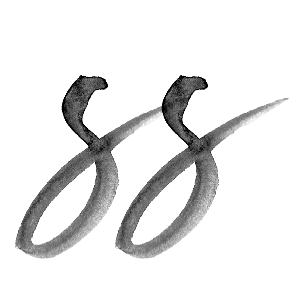
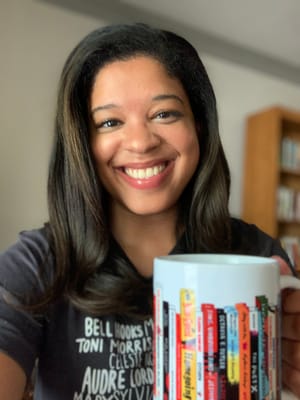

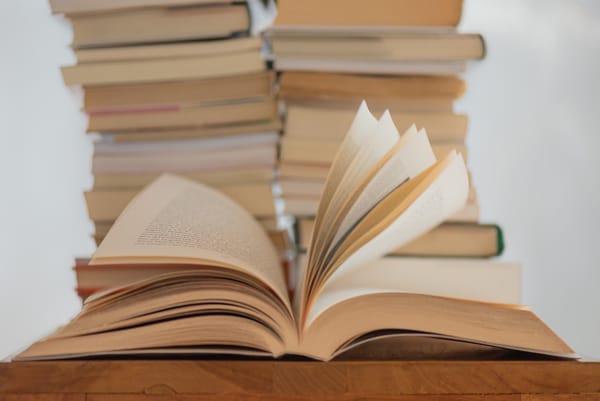
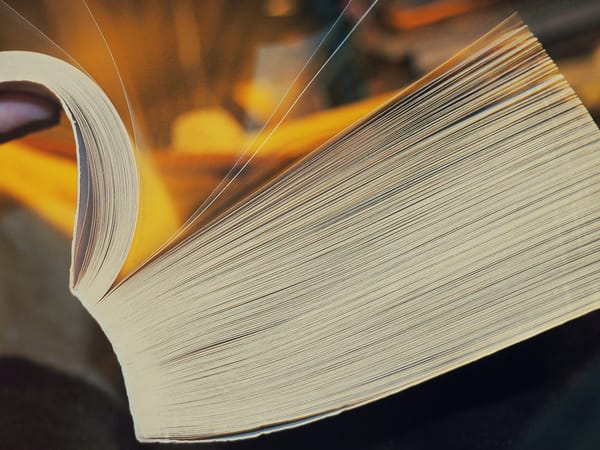

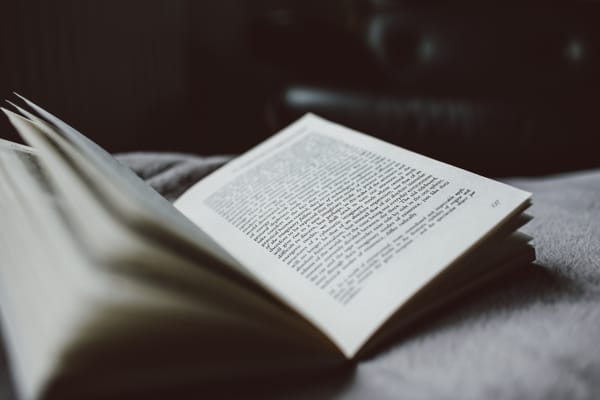
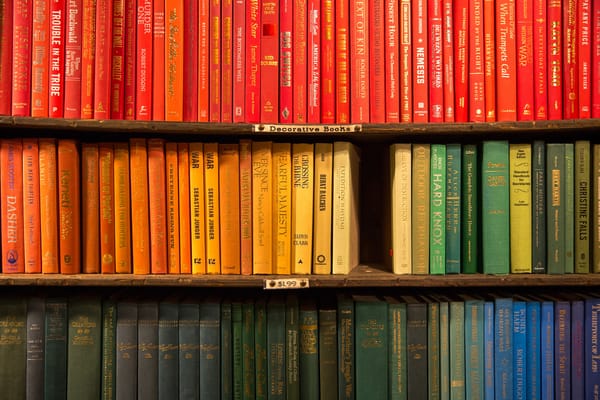
Member discussion